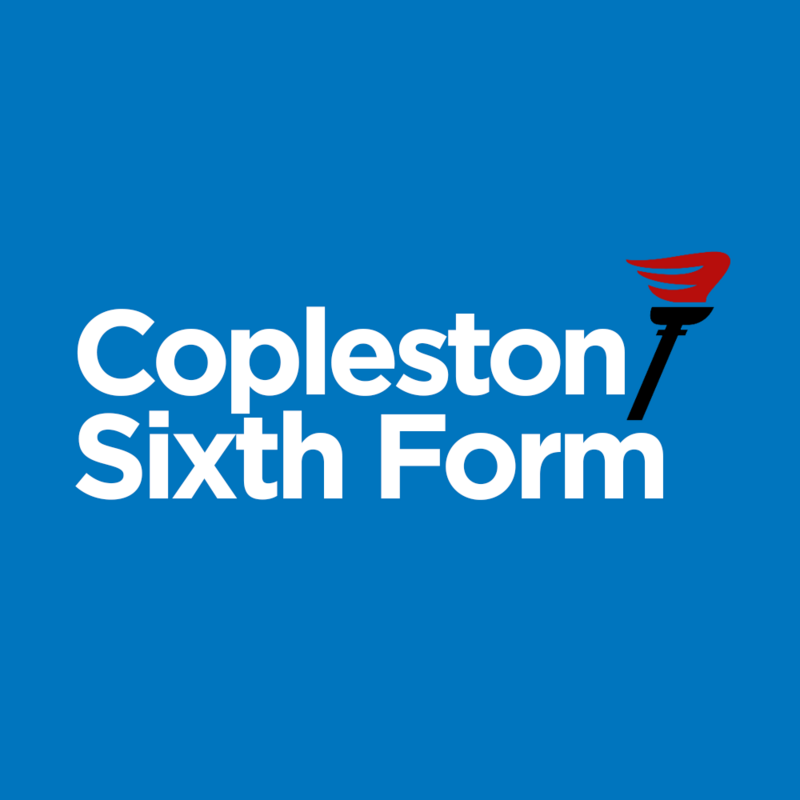The A level French course gives the opportunity to develop linguistic competence, including detailed grammatical knowledge and improved accuracy, in the context of an in-depth study of aspects of French speaking society and culture, including works of literature and film. Topics include: Aspects of French-speaking society: current trends: • The changing nature of family • The “cyber-society” • The place of voluntary work Aspects of French-speaking society: current issues: • Positive features of a diverse society • Life for the marginalised • How criminals are treated Artistic culture in the Frenchspeaking world: • A culture proud of its heritage • Contemporary francophone music • Cinema: the 7th art form Aspects of political life in the French-speaking world: • Teenagers – the right to vote and political commitment • Demonstrations, strikes – who holds the power? • Politics and immigration
Centre Requirements and, in addition, at least a grade 6 in GCSE French.
Three examinations, taken at the end of the two-year course. Paper One: Listening, Reading and Translation (2h30; 50% of A level) Paper Two: Writing (on set text and film) (2hours; 20% of A level) Students will answer an essay question in French for each of the two works they have studied (this can be a book and a film, or two books). Students will have a choice of question on each book/film. All questions will be in French and will require a critical and analytical response. Paper Three: Speaking (21-23 minutes; 30% of A level) The test will be in two parts. Part 1 will be the discussion of one sub-theme from those in this specification, lasting 5–6 minutes, and Part 2 will be the presentation and discussion of the student’s individual research project.
About Education Provider
| Region | East of England |
| Local Authority | Suffolk |
| Ofsted Rating | Good |
| Gender Type | Co-Educational |
| Address | Copleston Road, Ipswich, IP4 5HD |
The A level French course gives the opportunity to develop linguistic competence, including detailed grammatical knowledge and improved accuracy, in the context of an in-depth study of aspects of French speaking society and culture, including works of literature and film. Topics include: Aspects of French-speaking society: current trends: • The changing nature of family • The “cyber-society” • The place of voluntary work Aspects of French-speaking society: current issues: • Positive features of a diverse society • Life for the marginalised • How criminals are treated Artistic culture in the Frenchspeaking world: • A culture proud of its heritage • Contemporary francophone music • Cinema: the 7th art form Aspects of political life in the French-speaking world: • Teenagers – the right to vote and political commitment • Demonstrations, strikes – who holds the power? • Politics and immigration
Centre Requirements and, in addition, at least a grade 6 in GCSE French.
Three examinations, taken at the end of the two-year course. Paper One: Listening, Reading and Translation (2h30; 50% of A level) Paper Two: Writing (on set text and film) (2hours; 20% of A level) Students will answer an essay question in French for each of the two works they have studied (this can be a book and a film, or two books). Students will have a choice of question on each book/film. All questions will be in French and will require a critical and analytical response. Paper Three: Speaking (21-23 minutes; 30% of A level) The test will be in two parts. Part 1 will be the discussion of one sub-theme from those in this specification, lasting 5–6 minutes, and Part 2 will be the presentation and discussion of the student’s individual research project.
